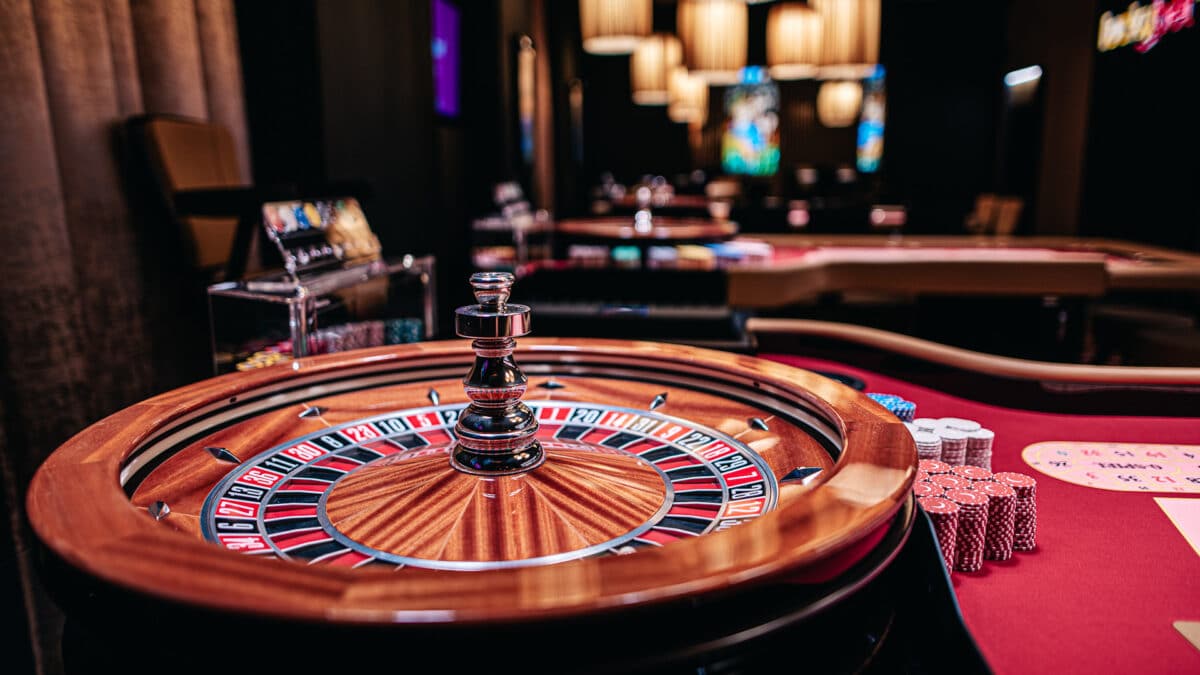
Within the dynamic world of gambling halls, where the air humms with enthusiasm and the clattering of chips permeates the environment, the position of a game dealer is both essential and captivating. Daily, these experienced professionals step into a realm where luck and tactics intertwine, guiding players through the highs and lows of their chosen casino games. From card games like 21 and poker to the revolving wheels of roulette, dealers manage the action while making sure that each game operates smoothly and fairly.
As the day breaks on another busy day, a casino dealer gets ready to dive in this dynamic environment. Their duties extend beyond merely dealing the cards or turning a wheel; they are also entertainers, customer service representatives, and guardians of the game regulations. Each workday brings new challenges and experiences, making every day unique in the life of a dealer. This insider look will examine the daily routine of a casino game dealer, highlighting the skills and insights that make this profession both thrilling and rewarding.
The Role of a Casino Table Dealer
A gambling table dealer is at the core of the gaming experience, managing the flow of the play while ensuring that players are involved and entertained. Their primary duty is to oversee the game, which involves distributing cards, rotating the wheel, or managing the chips, based on the type of game being played. Croupiers must possess a thorough understanding of the regulations and guidelines governing each type of game, while also maintaining a friendly and approachable demeanor to improve the gambling atmosphere.
In addition to managing the play, dealers must also keep a close watch on the players and the surroundings around the table. This entails watching for any signs of cheating, ensuring that everyone is adhering to the rules, and addressing any conflicts that may arise among players. Strong communication skills are vital, as croupiers often provide explanations about the game’s mechanics and offer assistance to those who may be novice to casino games.
Furthermore, a dealer’s role extends past just the technical aspects of the play. They play a key part in crafting an enjoyable experience for the players. This necessitates establishing a connection with patrons, being sensitive to their needs, and often injecting an aspect of fun into the play. It’s this mix of skill, vigilance, and people skills that makes the role of a casino table dealer both demanding and rewarding in the dynamic world of casino games.
Responsibilities and Challenges in Daily Operations
One of the main responsibilities of a casino game dealer is to supervise the multiple games available at their table, ensuring a seamless and pleasant experience for players. Dealers must be proficient at distributing cards, handling chips, and maintaining the continuity of the game. This requires a deep understanding of the rules of each game, from blackjack to roulette, and the ability to address players’ questions while maintaining the game moving. Attention to precision is paramount, as dealers must monitor bets, disburse winnings accurately, and monitor any cheating or discrepancies at the table.
In addition to managing the game itself, dealers encounter challenges such as dealing with difficult players. The casino environment can be high-pressure, particularly during intense games, and a dealer must remain composed and professional at all times. They need robust interpersonal skills to navigate interactions with players who may be upset about losses or dissatisfied with the game’s pace. Handling these situations delicately is crucial in creating a positive atmosphere on the casino floor.
Another major responsibility is upholding the honesty of the game. Dealers must be alert and observant, watching for any signs of player cooperation or cheating among players. This entails not only a strong knowledge of the games but also an awareness of human behavior. They must also adhere to the casino’s rules and procedures, participating in regular training sessions to stay informed on rules and protocols. Balancing these responsibilities while providing excellent customer service is what makes the role both challenging and fulfilling for a casino game dealer.
Qualities and Traits for Achievement
A effective casino game dealer must have outstanding communication skills. This includes merely the ability to effectively explain game rules and procedures to gamblers but also the capacity to engage with them in a approachable and respectful manner. casinos zonder cruks Cultivating rapport with guests can enhance the gaming experience and inspire repeat visits to the casino. Proficient communication enables dealers to manage tables seamlessly while ensuring that players feel appreciated.
Moreover, strong mathematical skills are essential for a dealer. Quick calculations are often required to follow bets, payouts, and game outcomes in real time. A dealer’s ability to perform these calculations accurately and swiftly promotes to the overall efficiency of the game. This skill helps in maintaining the flow of play and in minimizing disputes or misunderstandings with players, which is crucial in a rapid casino environment.
Lastly, an ideal casino game dealer should show integrity and professionalism at all times. Trust is a key component of the gaming experience, and players must feel secure that the games are conducted fairly and openly. A dealer’s commitment to upholding high ethical standards fosters a welcoming atmosphere at the table and enhances the casino’s reputation. Being dependable in behavior ensures that dealers leave a memorable impression on guests, which can lead to a dedicated customer base.